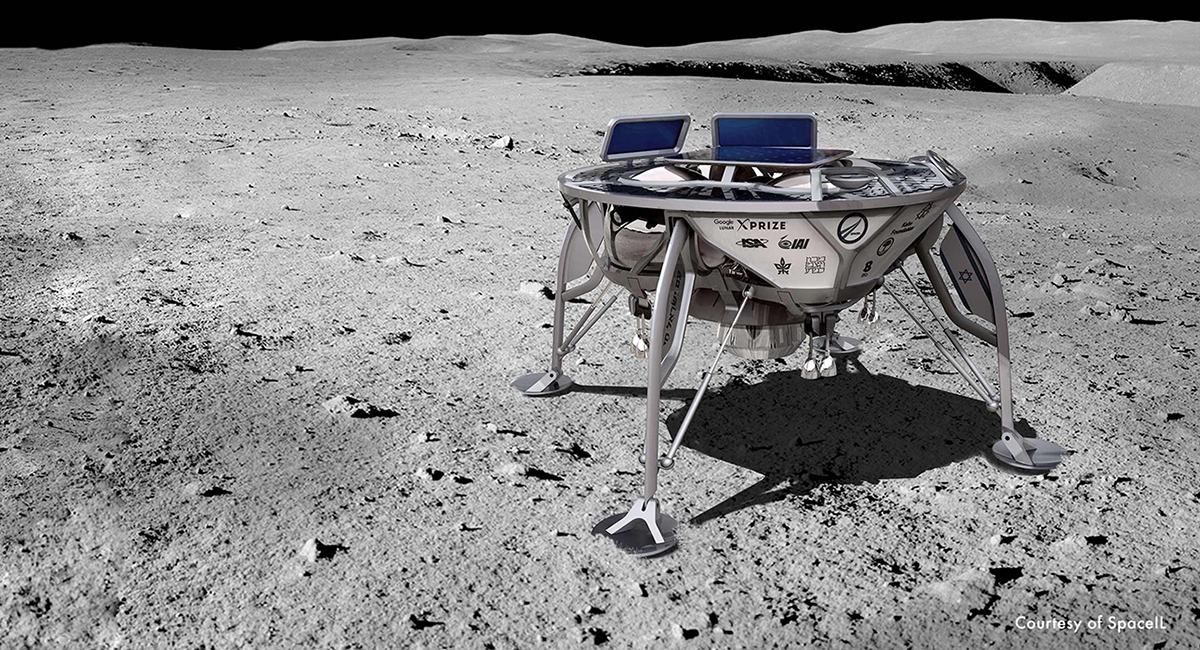
Anyone that's ever tried to plan an outdoor activity in advance knows that weather forecasting is not an exact science, but the perpetual sky-watchers at NASA may have inadvertently found a way to improve these guesstimations. They have been testing a laser system for measuring lunar dust and soil kicked up by rocket exhausts, and while using precipitation as a substitute to calibrate the laser, they found they could measure the average size of raindrops passing through it. This value is estimated in current forecasting models, so plugging in some accurate numbers should make those predictions more reliable.
The original mission hasn't been forgotten, though. Particles whipped up by landing rockets on the moon's surface could damage what was left behind by the Apollo missions, ruining its scientific and historic value. One of the laser sensors may find its way onto a craft vying for Google's X Prize, with the results used to determine where vessels can touch down whilst keeping a safe distance from Apollo landing sites. Although an accidental discovery, the system's other potential career in weather forecasting will also continue to be explored. Now, if only there was a way to make it rain and speed up the testing.
Filed under: Science, Alt
Comments
Source: NASA
 An Israeli team competing in the Google Lunar XPrize has secured a launch contract to send its rover to the Moon. Xprize is offering $20 million to the first team to land a rover on the moon, travel 500 meters, and transmit HD video and images back...
An Israeli team competing in the Google Lunar XPrize has secured a launch contract to send its rover to the Moon. Xprize is offering $20 million to the first team to land a rover on the moon, travel 500 meters, and transmit HD video and images back...
 An Israeli team competing in the Google Lunar XPrize has secured a launch contract to send its rover to the Moon. Xprize is offering $20 million to the first team to land a rover on the moon, travel 500 meters, and transmit HD video and images back...
An Israeli team competing in the Google Lunar XPrize has secured a launch contract to send its rover to the Moon. Xprize is offering $20 million to the first team to land a rover on the moon, travel 500 meters, and transmit HD video and images back...




